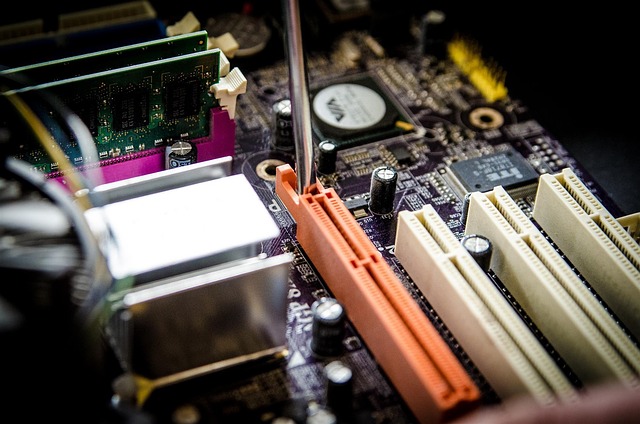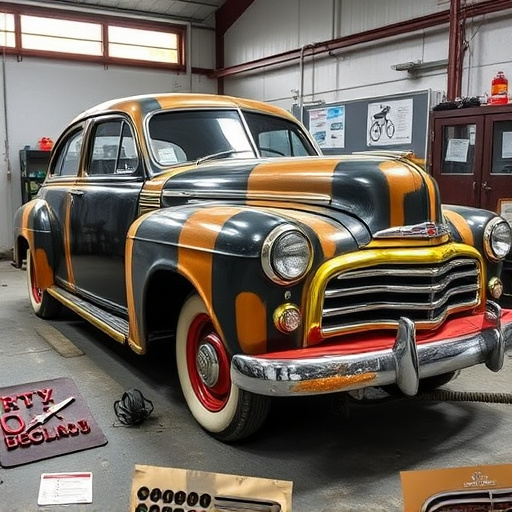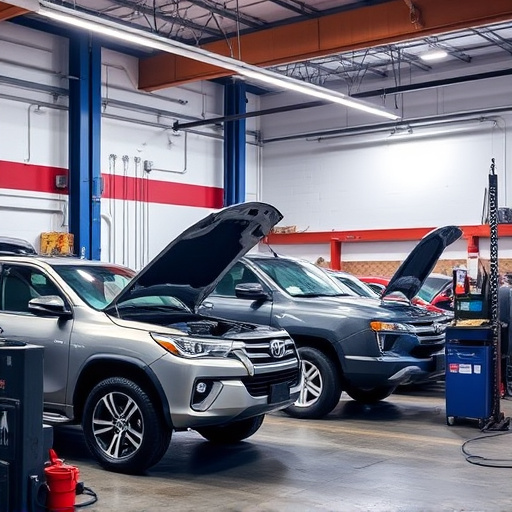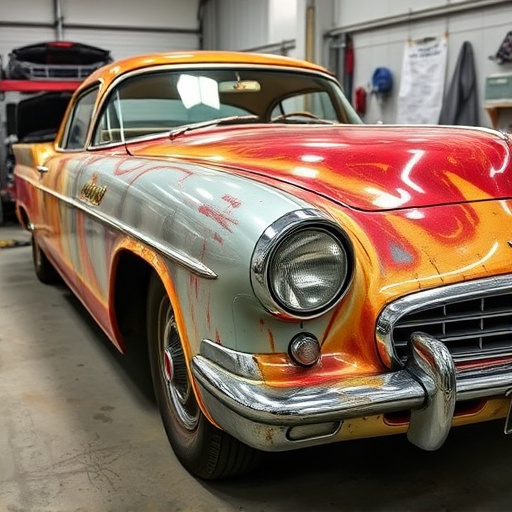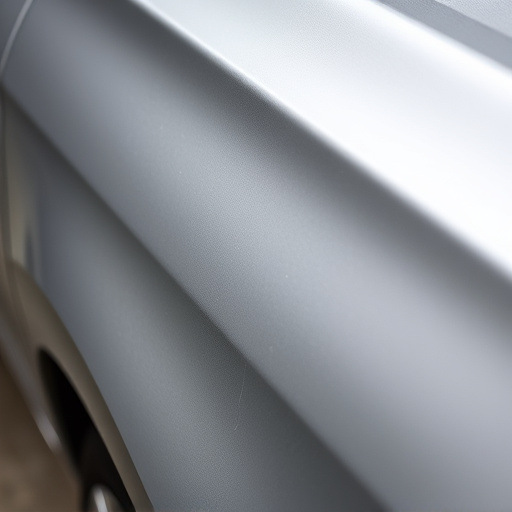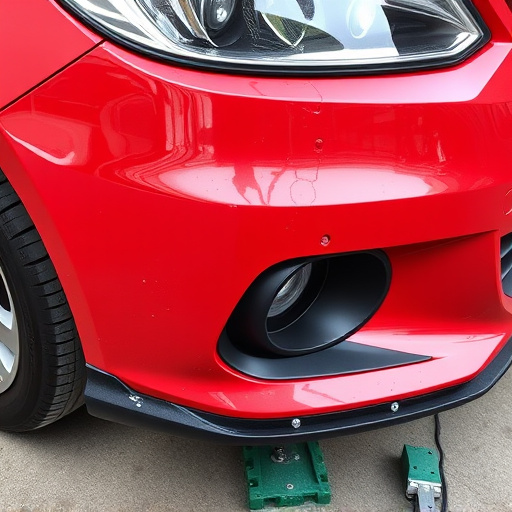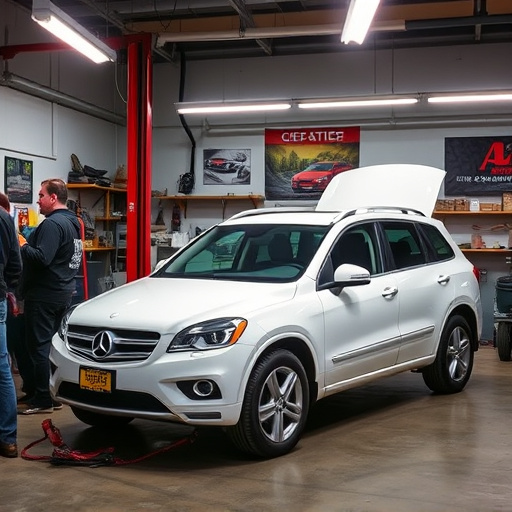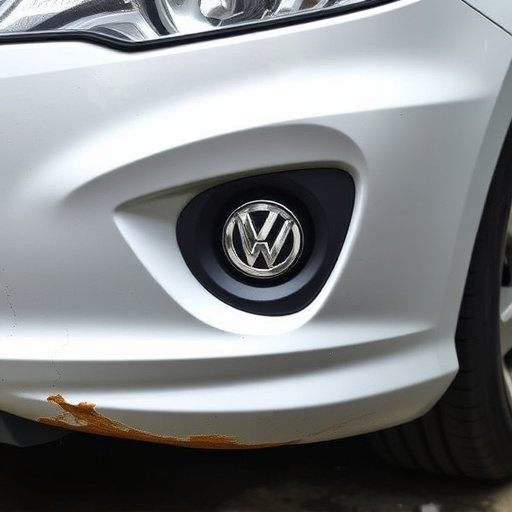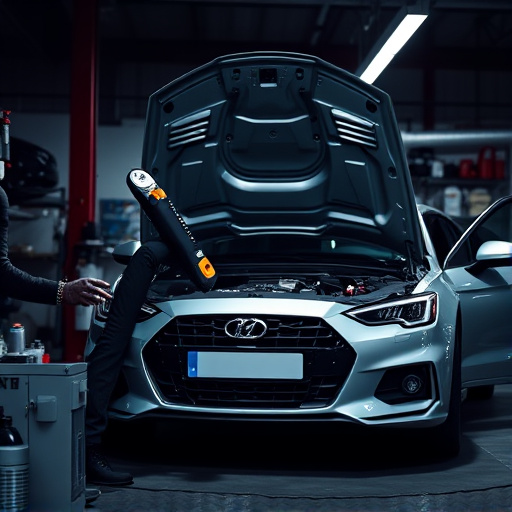Selecting appropriate body panel insulation is crucial for autobody repairs and restoration, balancing performance, comfort, climate, and cost. Materials like fiberglass, foam, and composites offer varying insulation, strength, and weight benefits, catering to specific needs from extreme temperatures to urban noise reduction. The choice impacts both vehicle efficiency and aesthetics.
Choosing the right body panel insulation materials is essential for enhancing vehicle performance, reducing noise, and optimizing fuel efficiency. This article guides you through understanding your body panel insulation needs, exploring common materials like fiberglass, foam, and basalt wool, and selecting the optimal solution for your specific application. By the end, you’ll be equipped to make an informed decision that contributes to a quieter, more efficient ride.
- Understanding Body Panel Insulation Needs
- Exploring Common Insulation Materials
- Selecting the Optimal Insulation for Your Application
Understanding Body Panel Insulation Needs
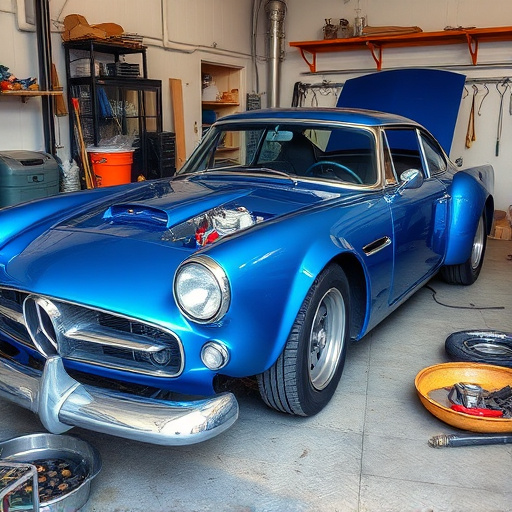
Understanding the specific needs of your vehicle’s body panel insulation is a crucial first step in any autobody repairs or vehicle bodywork project. Body panel insulation plays a vital role in ensuring optimal vehicle performance and passenger comfort, protecting against noise, heat transfer, and vibrations. Different materials offer varying levels of protection, durability, and weight efficiency, catering to diverse requirements.
When considering body panel insulation, whether for routine maintenance or following a vehicle collision repair, it’s essential to evaluate factors such as the climate you operate in, road conditions, and personal preferences for ride quality. For example, in regions with extreme temperatures, high-performance insulation can prevent heat build-up inside the cabin, enhancing comfort. Conversely, noise reduction insulation is beneficial in urban areas with heavy traffic, providing a quieter driving experience.
Exploring Common Insulation Materials
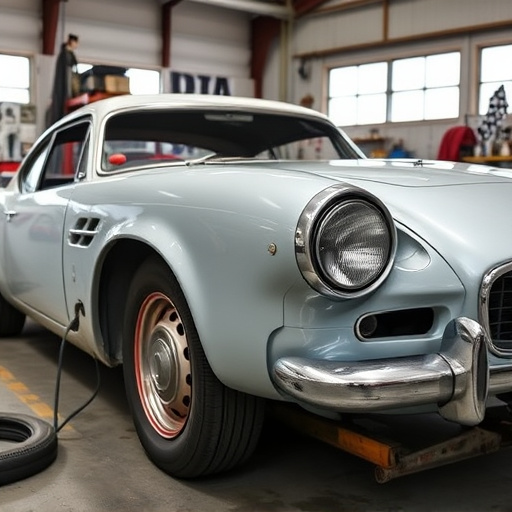
When it comes to choosing the right body panel insulation materials for your vehicle, understanding the options available is key. Common choices include fibre glass, foam, and even modern composite materials. Each has its unique advantages in terms of weight, durability, and heat retention—essential factors when considering both performance and cost-effectiveness in car repair services and automotive restoration projects.
For instance, fibre glass is a popular option due to its excellent insulation properties and relatively low cost. It’s often used in various vehicle collision repair scenarios, offering a lightweight yet robust solution for body panel replacement. On the other hand, foam provides superior heat insulation, making it ideal for extreme climates or those looking to enhance their vehicle’s fuel efficiency. The choice ultimately depends on your specific needs, whether you’re focusing on maintaining a classic car’s original aesthetic through automotive restoration or aiming for top-notch performance in modern vehicles.
Selecting the Optimal Insulation for Your Application

Selecting the right body panel insulation material is a crucial step in any automotive body shop or paintless dent repair service. The optimal choice depends on several factors, including the specific application, desired outcome, and environmental considerations. For instance, if you’re focusing on maintaining optimal vehicle performance, lightweight yet high-strength materials like carbon fiber or kevlar might be ideal. These advanced composites not only enhance structural integrity but also contribute to better fuel efficiency.
On the other hand, if cost-effectiveness and thermal insulation are priorities, traditional fiberglass or foam core options could be more suitable. These materials offer excellent coverage and protection against heat transfer, which is particularly beneficial in extreme climates. When choosing body panel insulation for your automotive needs, consider factors like durability, ease of installation, and compatibility with the car body’s design—whether it’s a standard repair at an automotive body shop or a specialized paintless dent repair service.
Choosing the right body panel insulation material is crucial for achieving optimal vehicle performance and fuel efficiency. By understanding your specific needs, exploring common materials like fiberglass, foam, and batting, and selecting an option tailored to your application, you can enhance structural integrity while reducing weight and improving energy conservation. Incorporating the right body panel insulation is a strategic move that contributes to both environmental sustainability and cost-effectiveness in today’s automotive landscape.

